Round the classes
-our specialist subjects

Round the classes
-our specialist subjects
In Indonesian the students have been super busy learning how to describe faces. The JP students have added colour words, besar (big) and kecil (small), plus panjang (long) and pendek (short) to their captions. They have also enjoyed traditional Indonesian dancing brain breaks. The Tari Saman from Jakarta is the trickiest.
The year 3/4 class has created some crazy mixed-up face art and added even more adjectives to their descriptions like berbintik-bintik (to have freckles) and they have been industriously researching facts about Indonesia. Did you know that the population of Indonesia is more than 285 million people compared to around 27 million in Australia?
The older students have continued their research projects and are learning a lot of interesting things about native animals and the islands of Indonesia. They have used sentence-building charts to create more complex texts describing appearance. The year 4/5 students have also enjoyed some modern Indonesian dance brain breaks including their favourite Tidak Apa-Apa (It Doesn't Matter).
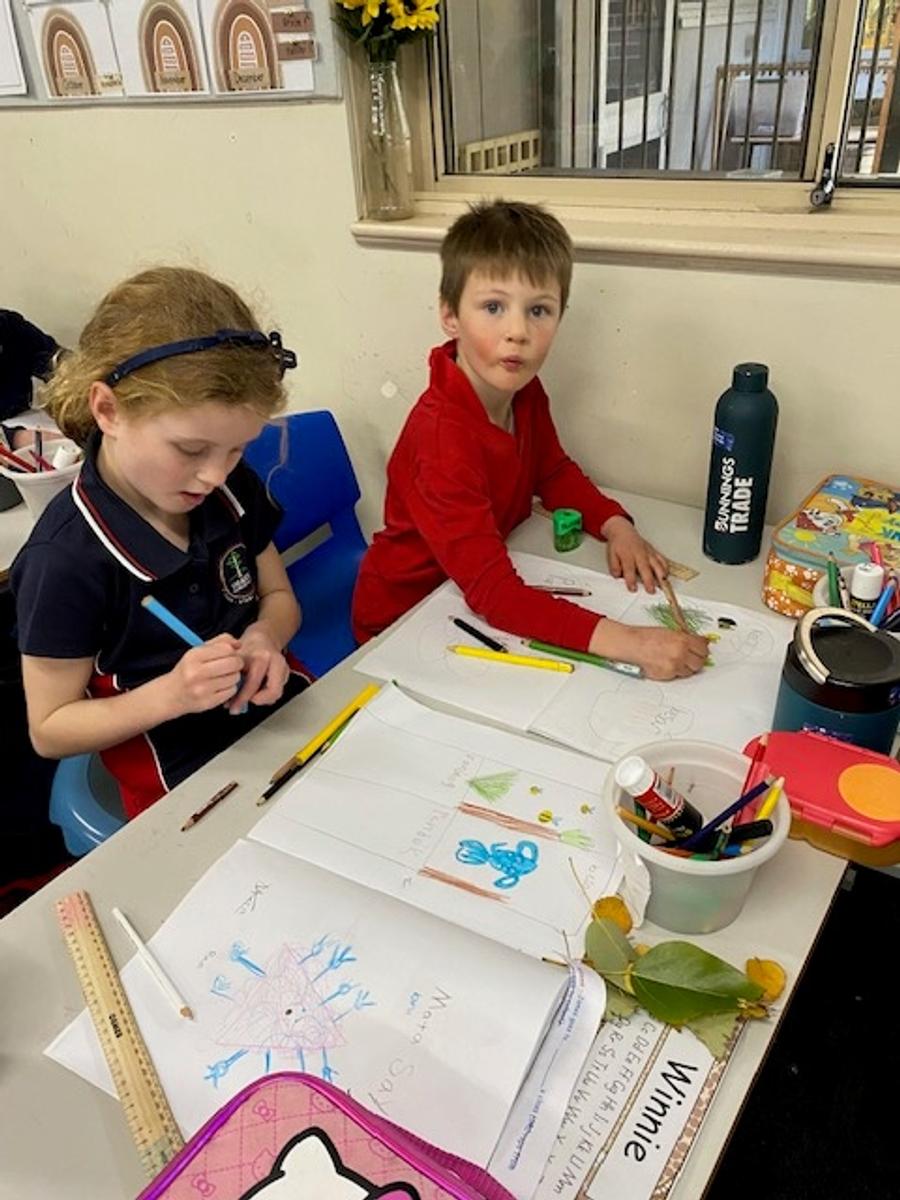
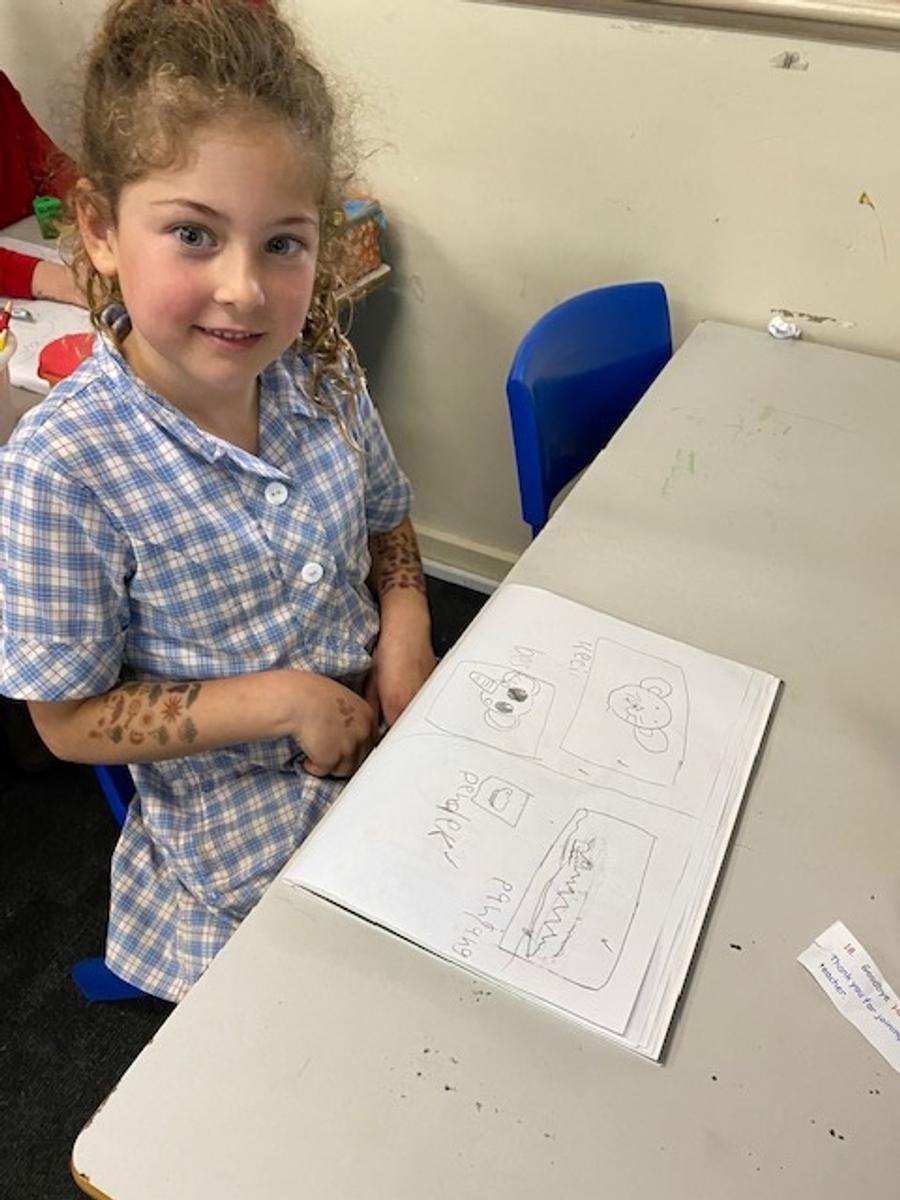
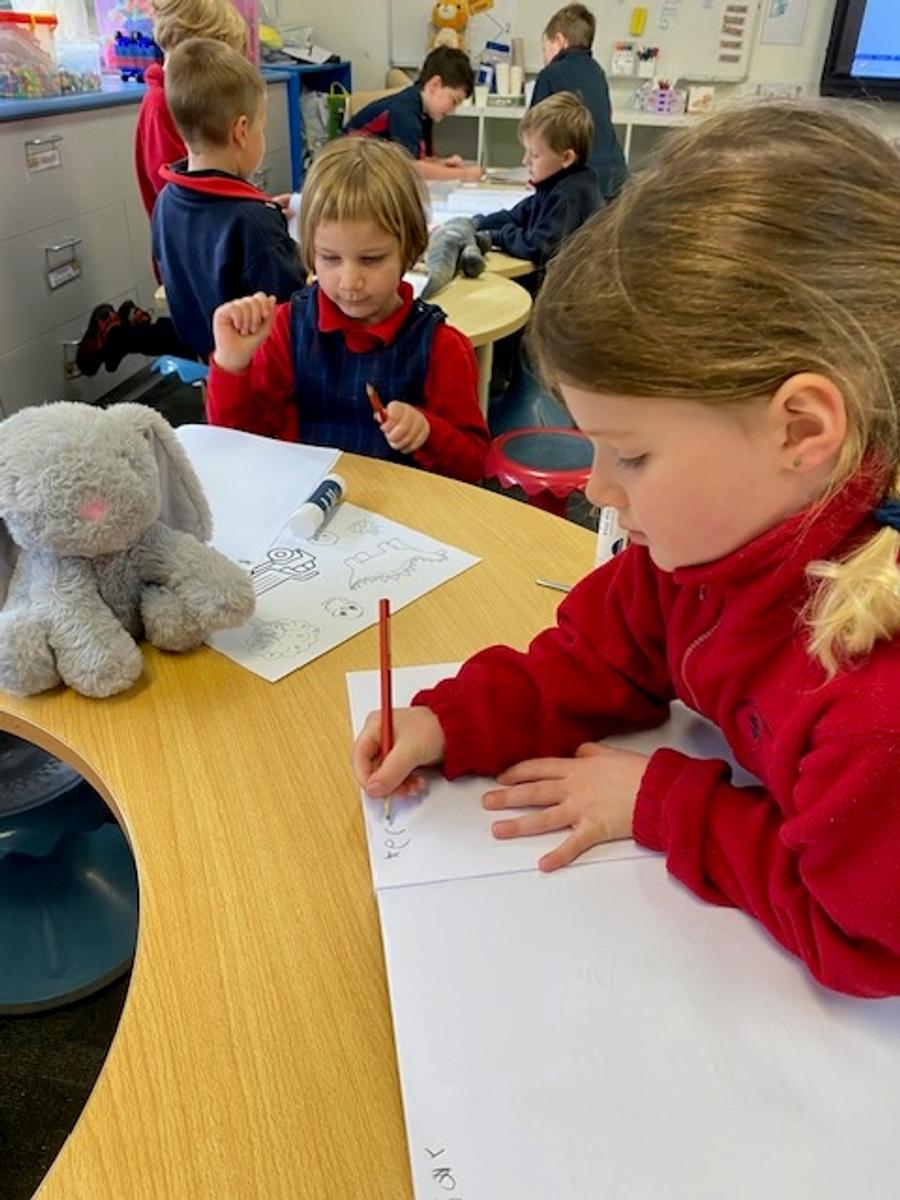
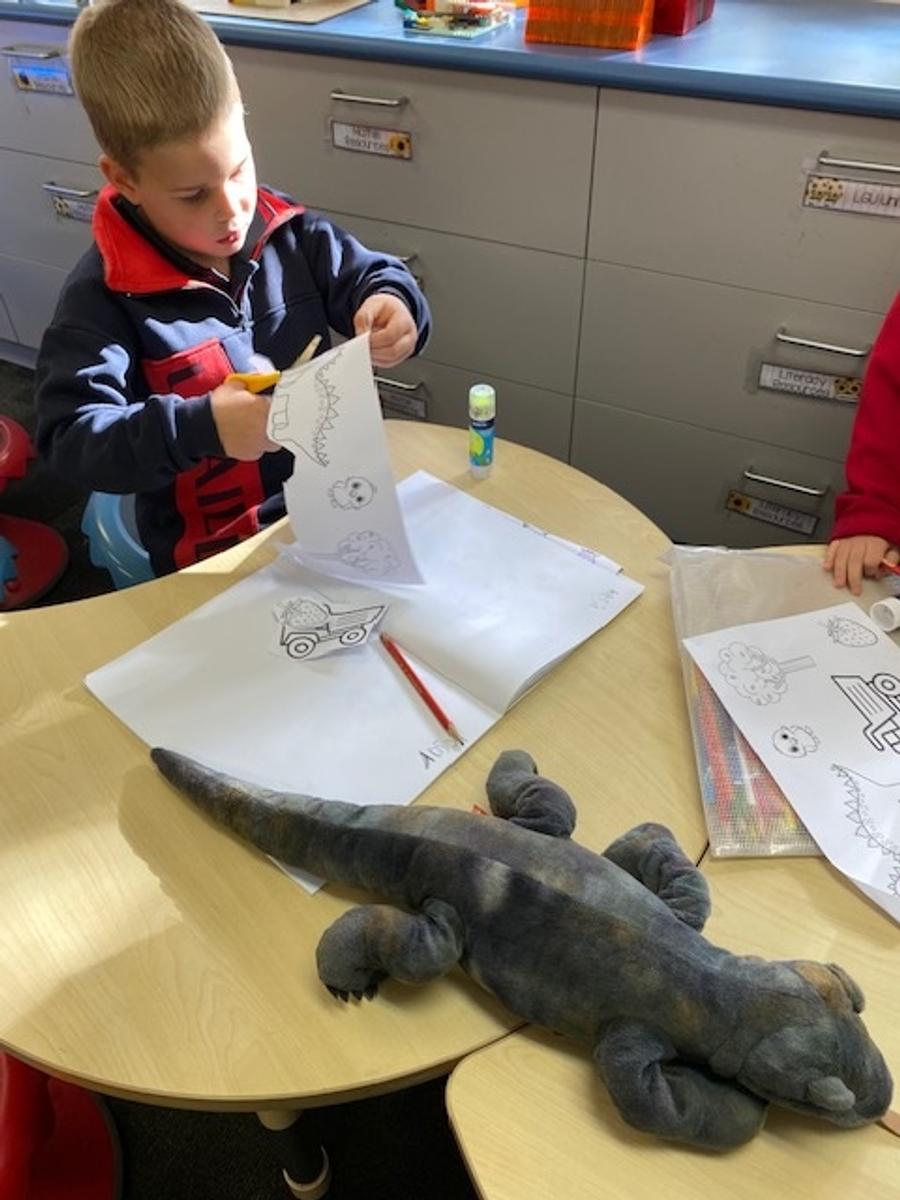
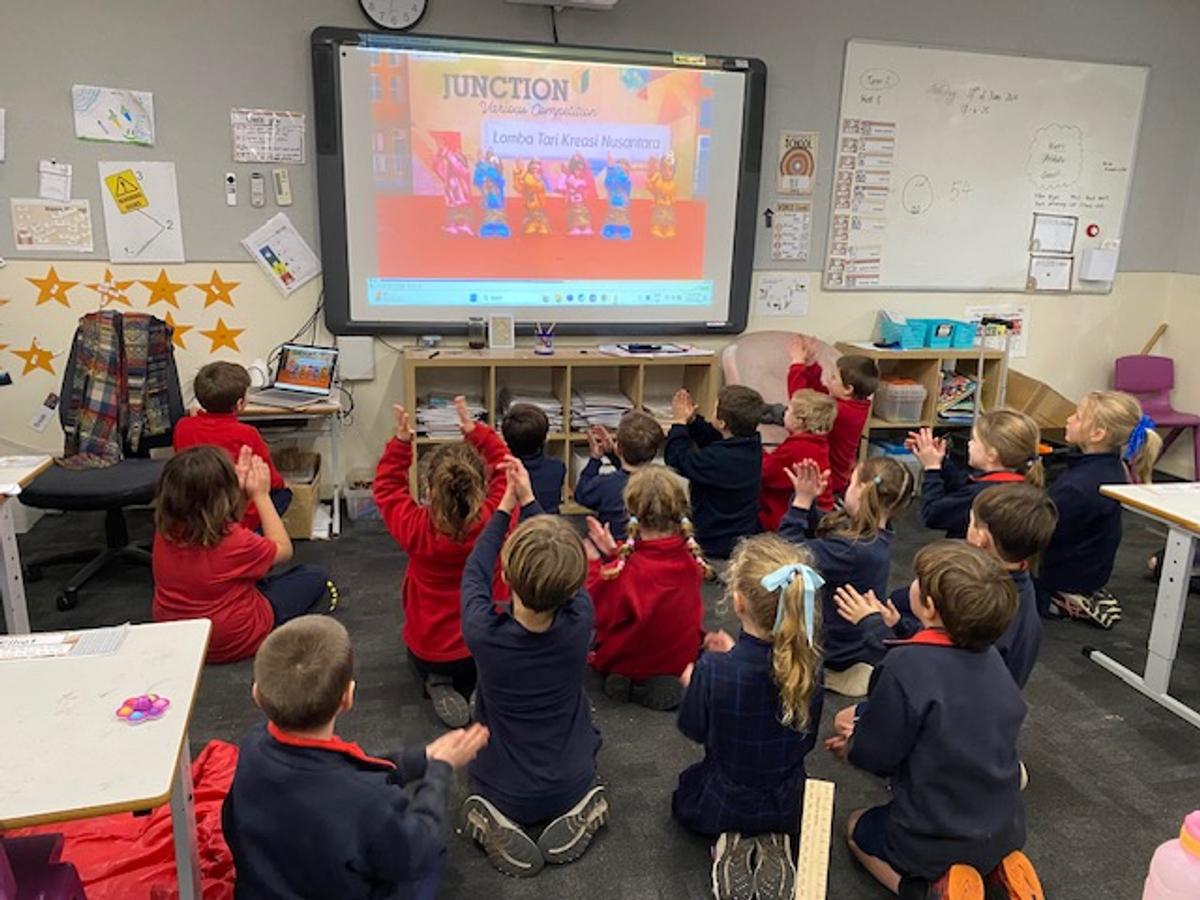
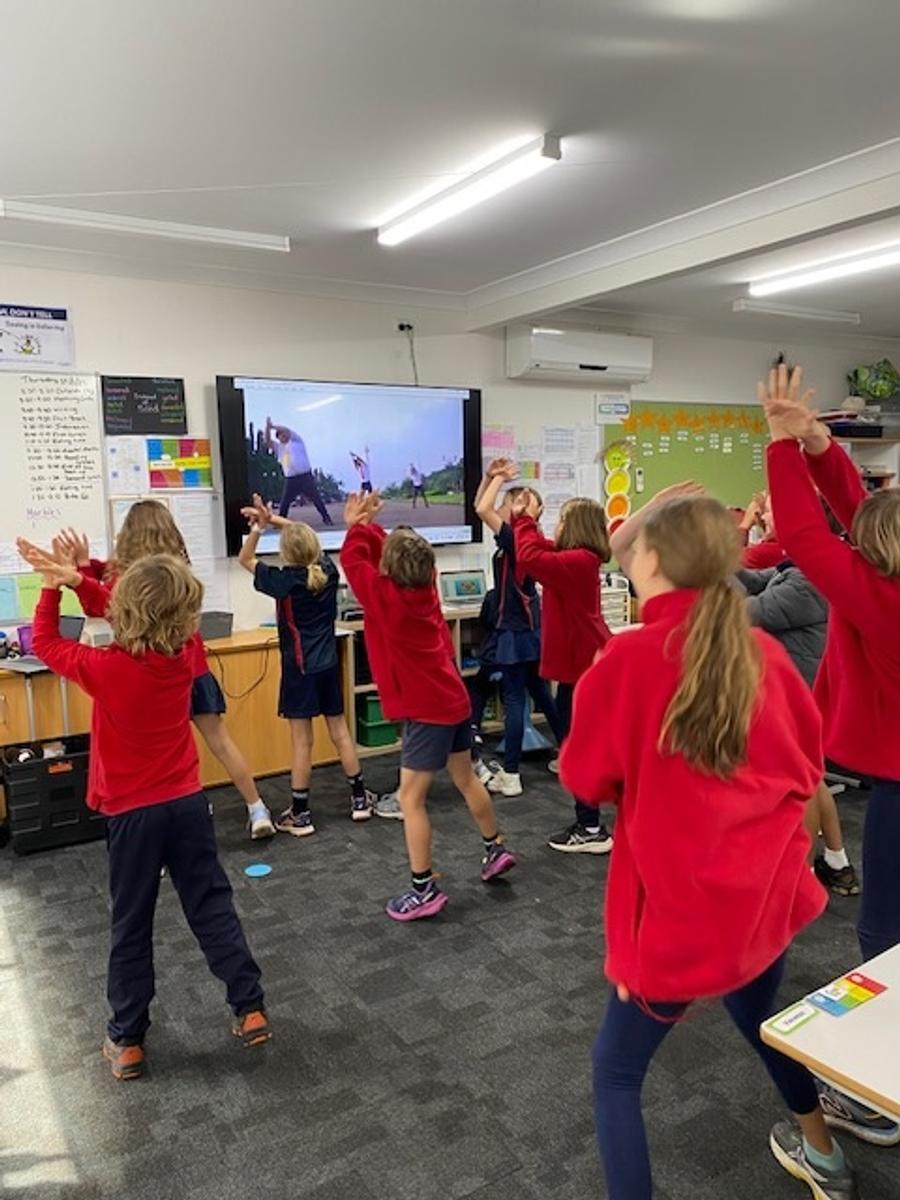
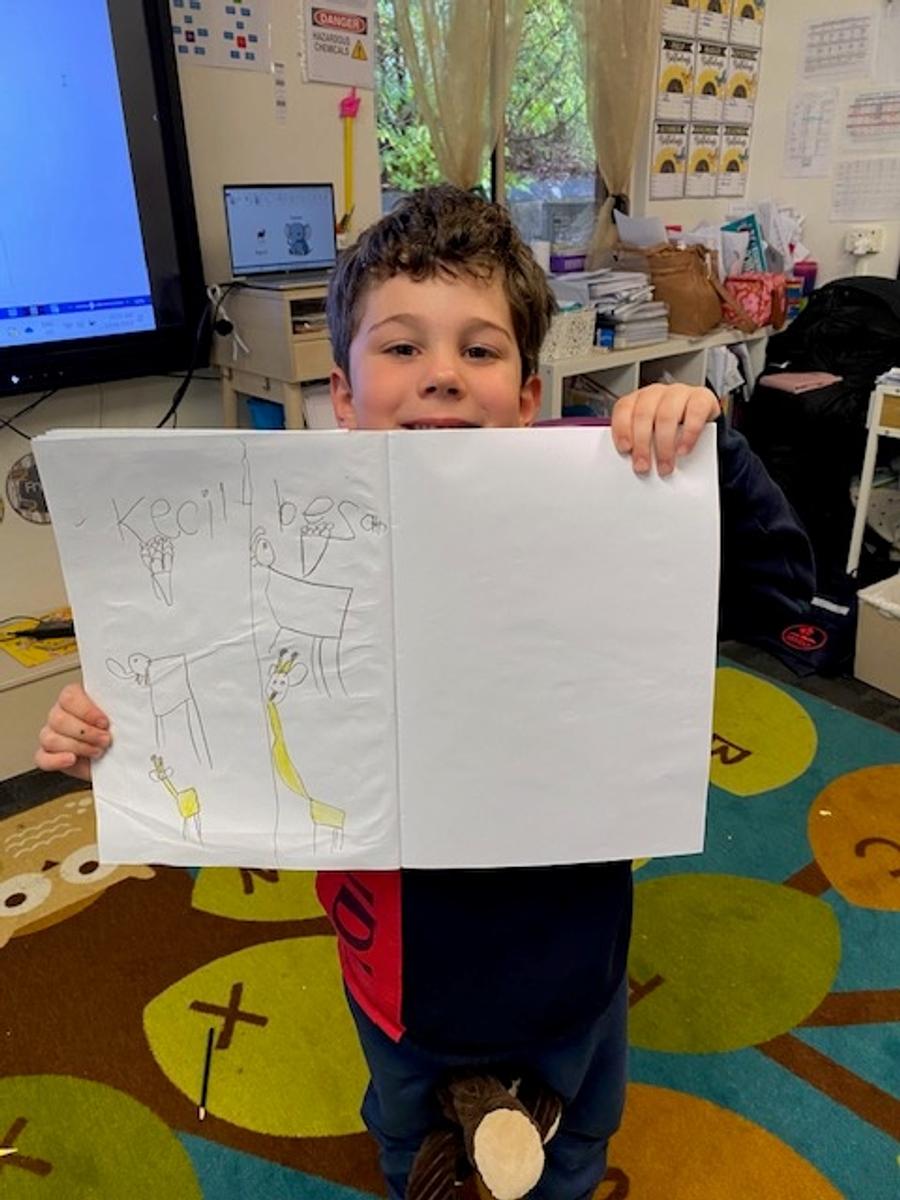
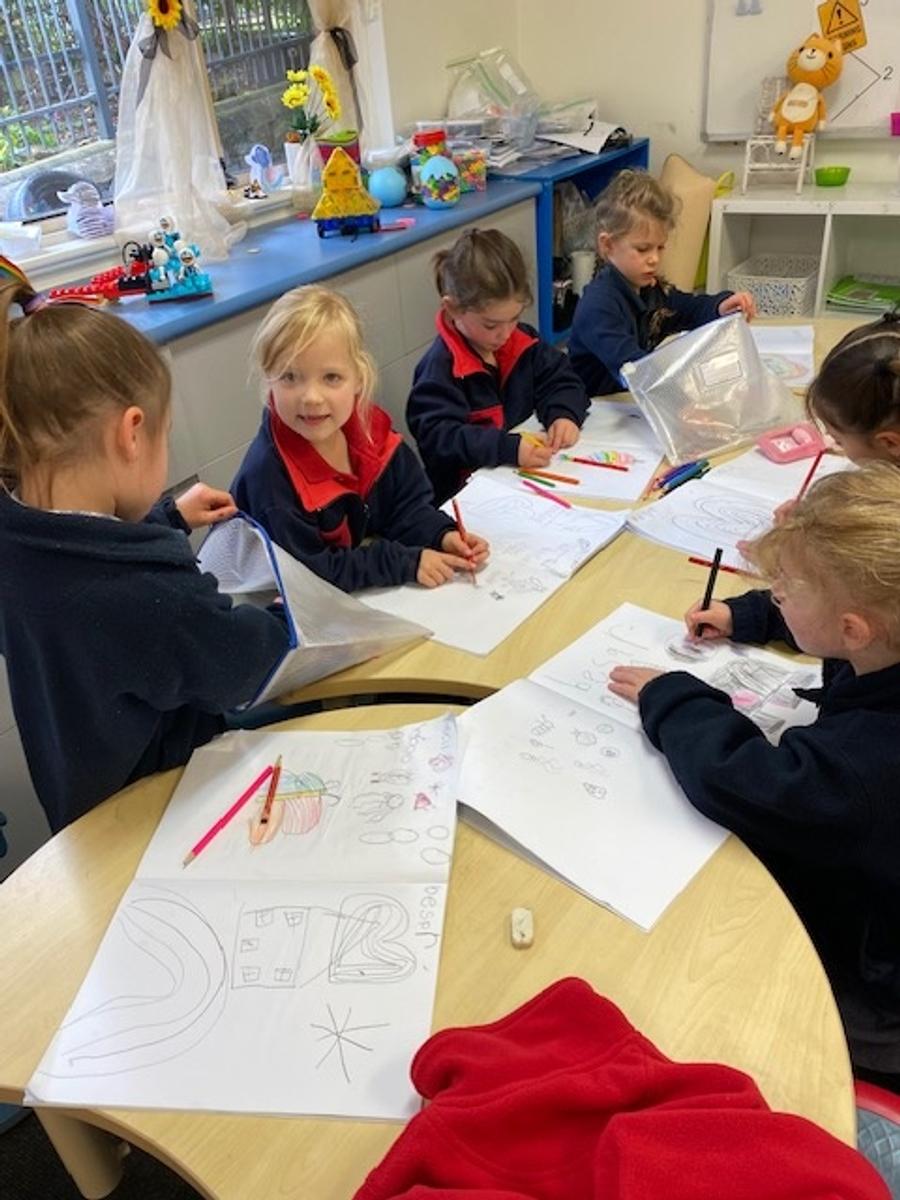
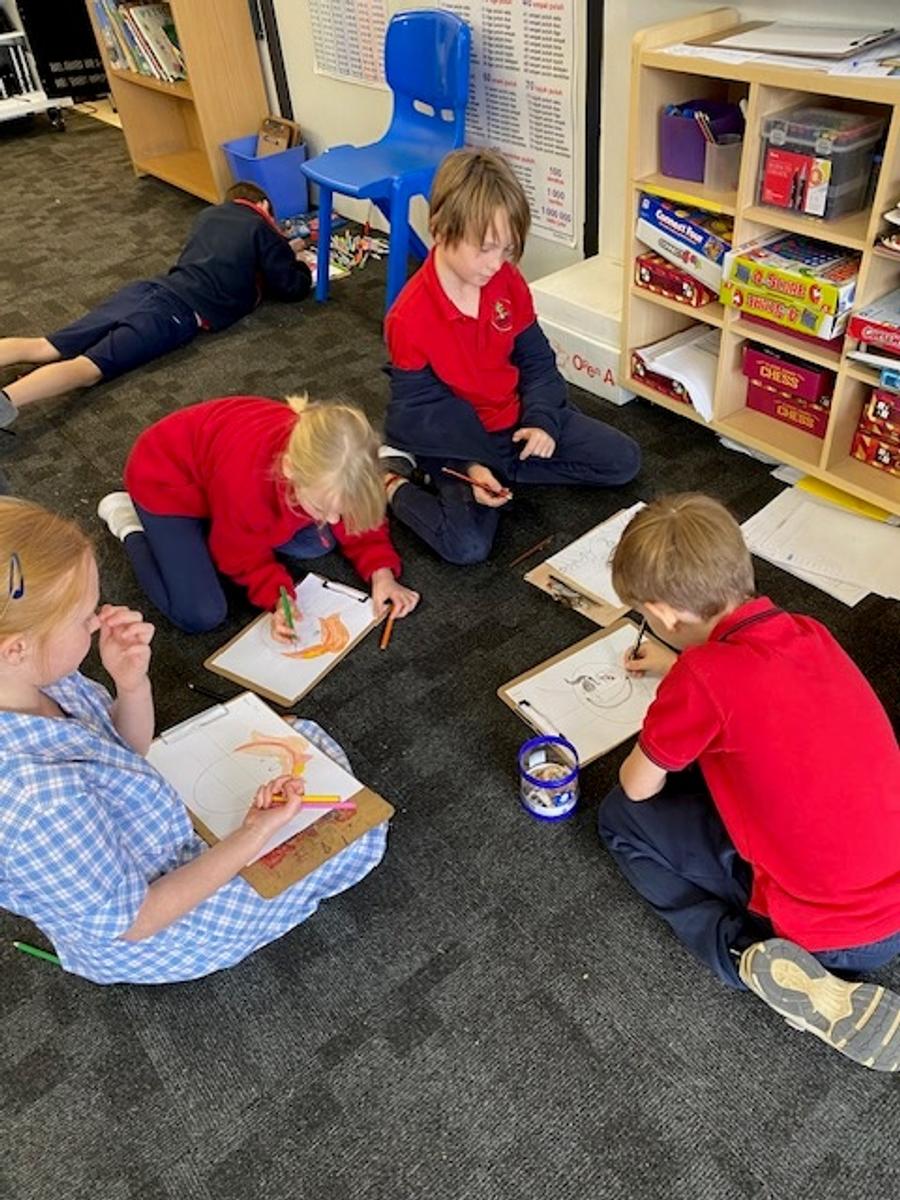
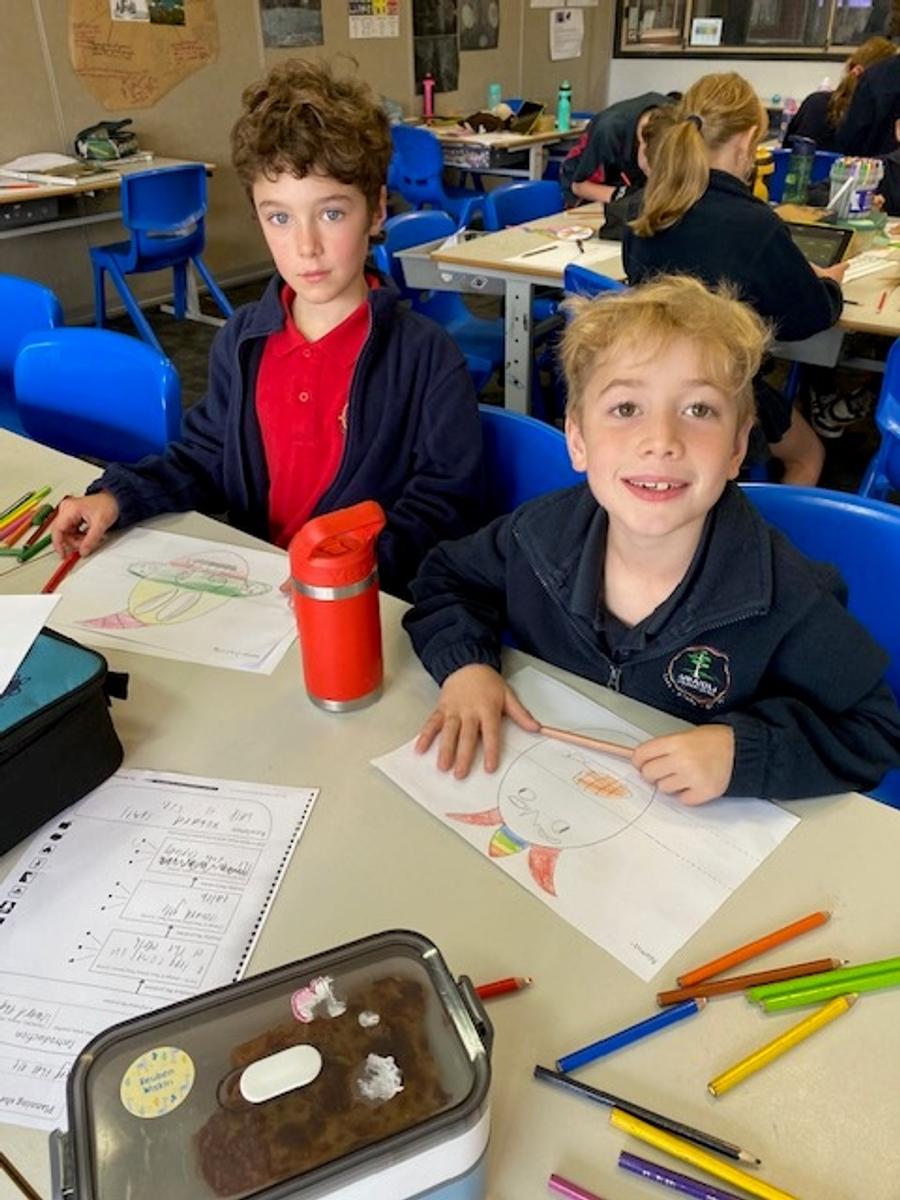










In PE, students have been focusing on AFL during lessons. The Early Years classes have been developing their fundamental movement skills of kicking and marking (catching). Students have played different target games and a favourite, Collect the Coin. Middle and Upper Primary classes have been developing a range of different football skills to transfer them into small, modified games. At the end of the term, students will be playing some small, non-physical matches.
Uraidla Primary School has also been successful in winning an AFL grant, where we will be supplied with $500 worth of new equipment for students to use in classes and at playtime.
Next term, students in the early years will be focusing on throwing and hitting through various stations and activities. Middle Primary students will be learning how to play teeball, with our older students learning how to umpire and play volleyball.
🌦 Science Sparks Curiosity! 🌈
In Science, our young scientists have been diving deeper into the fascinating world of states of matter and the properties of materials. We've been especially focused on exploring the water cycle — a vital part of understanding how water moves through our world.
Students took part in some hands-on investigations, including creating their very own rain clouds in a jar using shaving cream and coloured water! This fun and visual experiment helped bring the concept of precipitation to life and sparked lots of great questions.
In the older grades, students have been experimenting with salt crystals. By dissolving salt in water and allowing the mixture to evaporate, they’ve been observing how salt is left behind on a string — a fantastic example of evaporation in action! Students have been carefully recording their results, making predictions, and noting changes over time.
Asking thoughtful questions is at the heart of science. In our lessons, we encourage students to be curious, wonder aloud, and explore their ideas. With guiding prompts and supportive discussion, children have been learning how to plan and carry out their own simple investigations. These activities often include identifying the materials they need, predicting outcomes, and observing what happens — all skills that help build scientific thinking.
It’s been wonderful to see so much excitement in the classroom as students take on the role of young investigators. Through hands-on experiences, they're not just learning science — they’re doing science!
I’m looking forward to continuing this journey of discovery in the weeks ahead. 🌍🔬
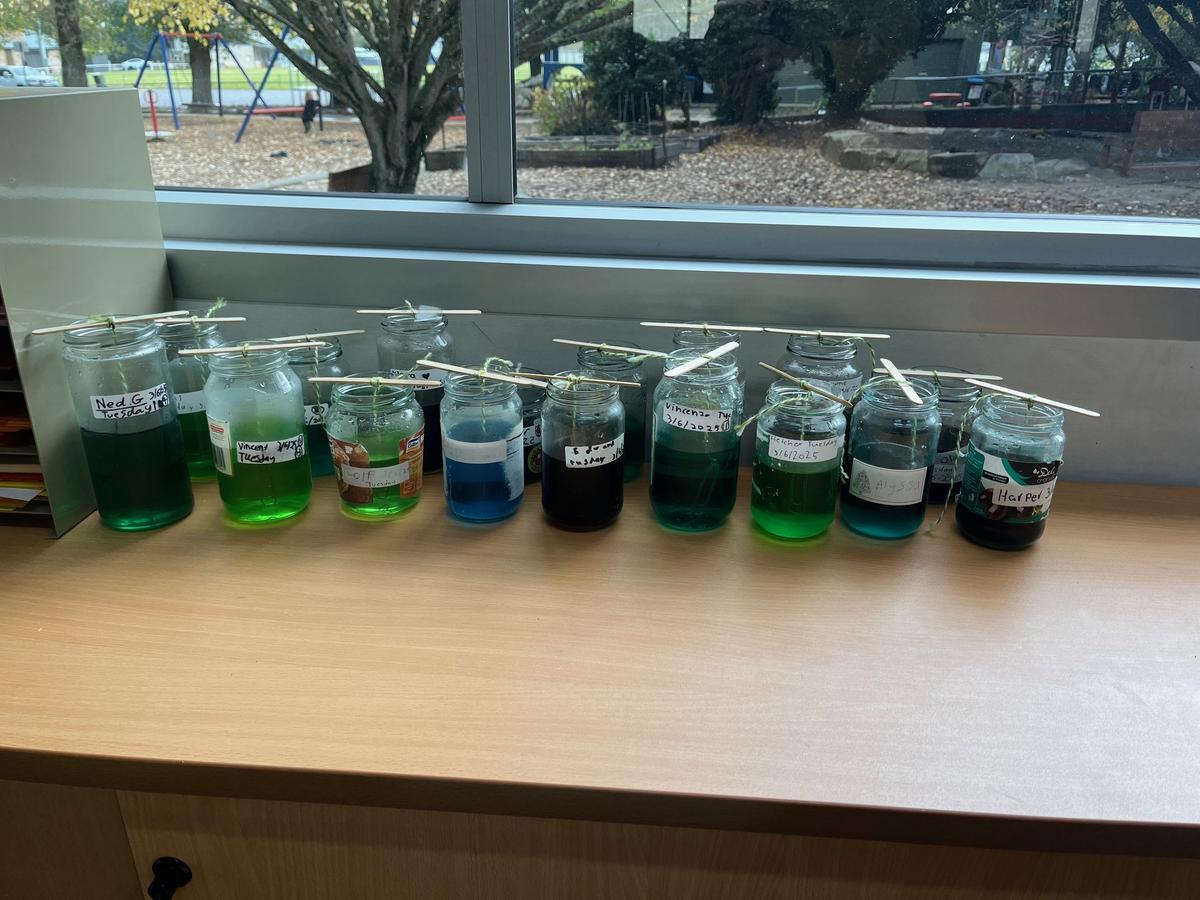
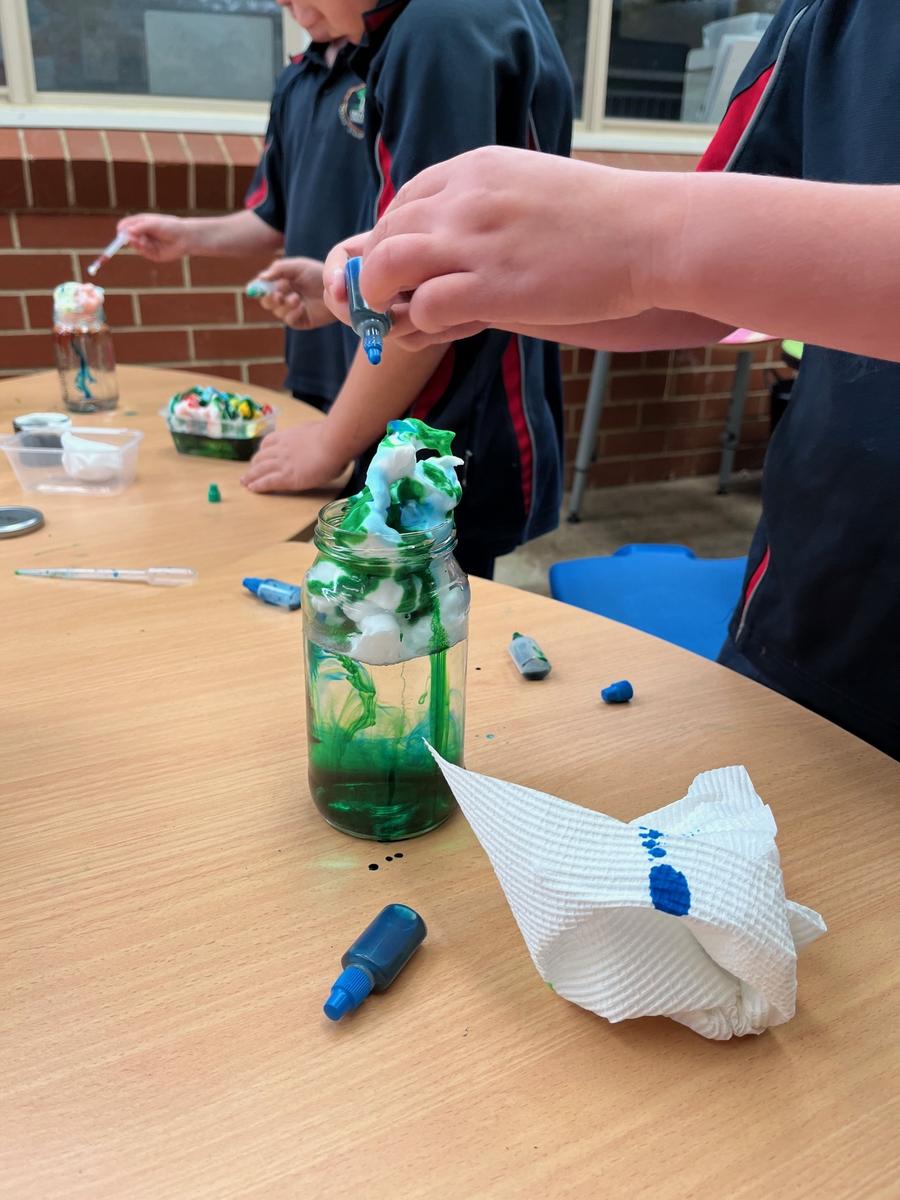
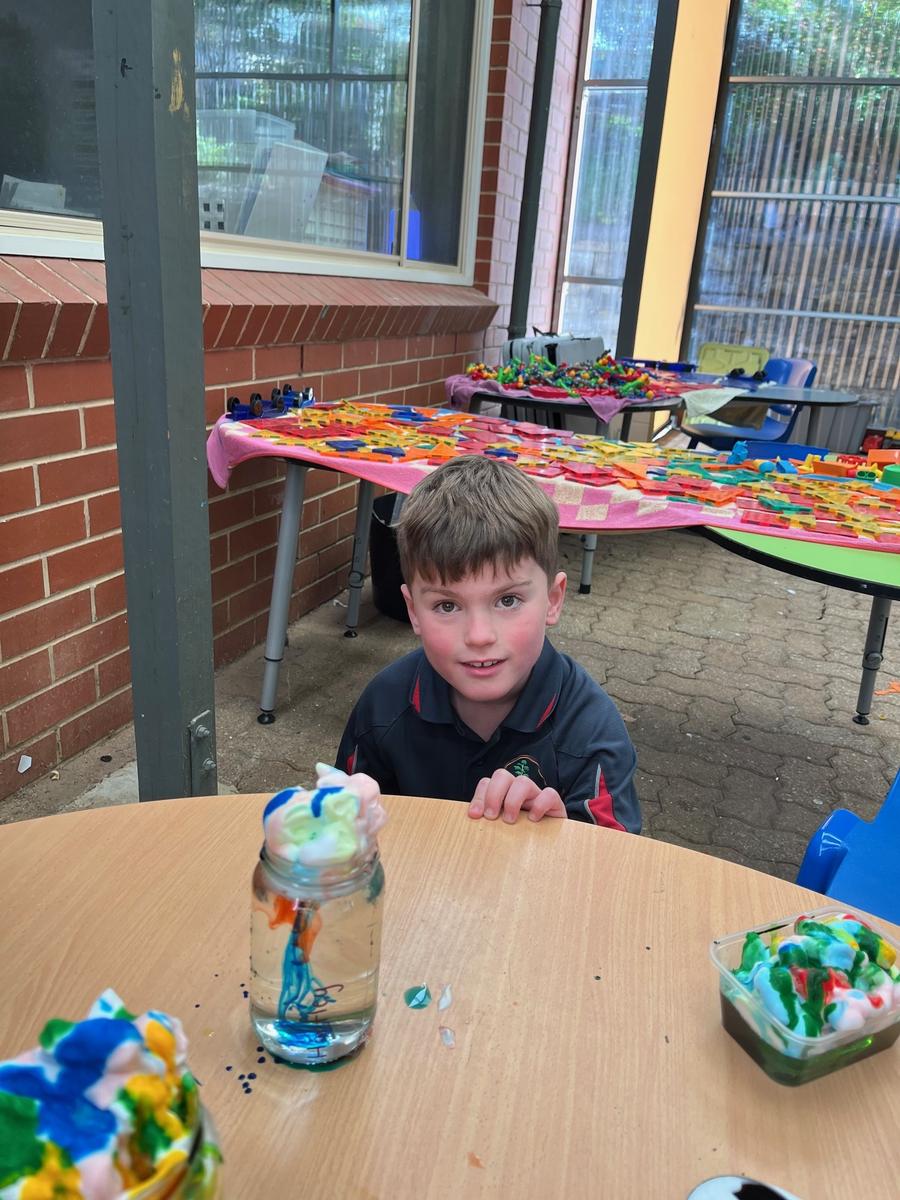
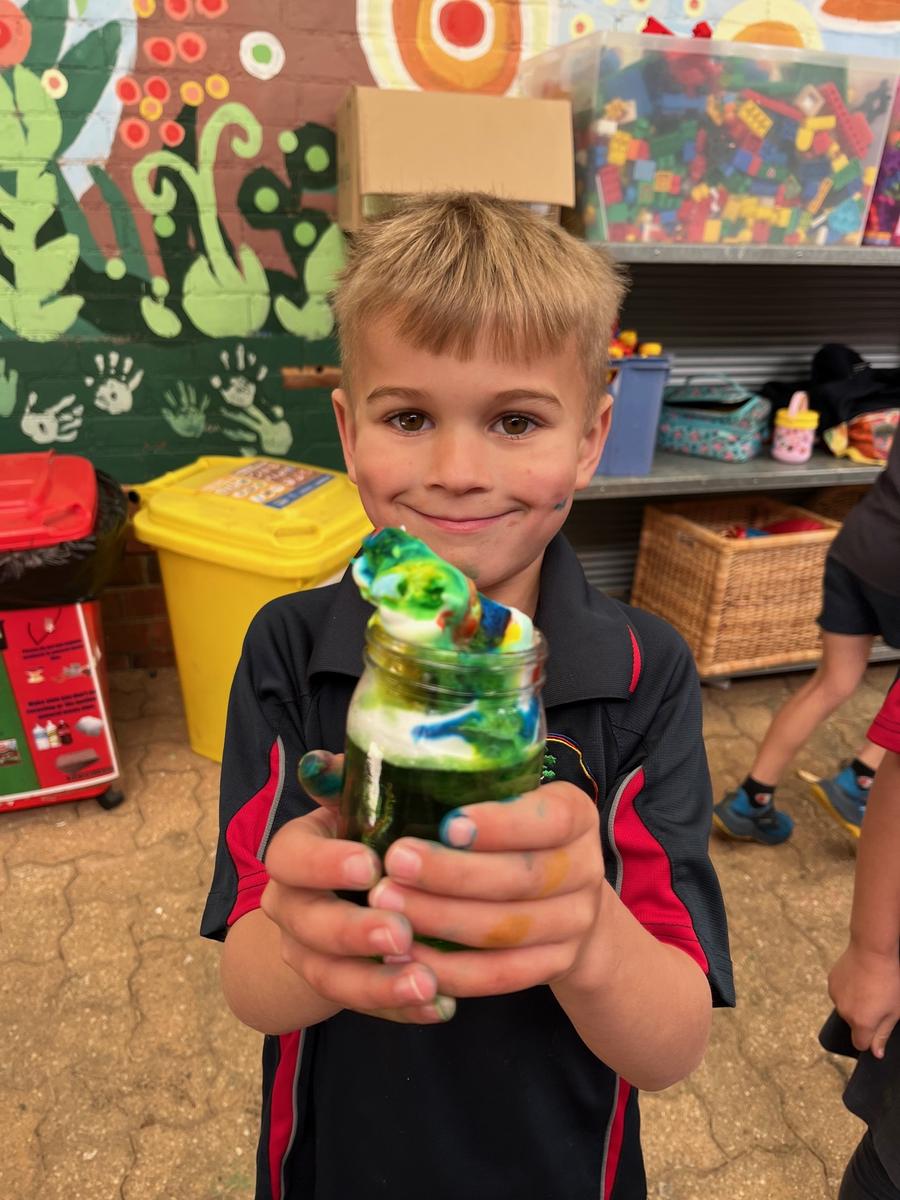
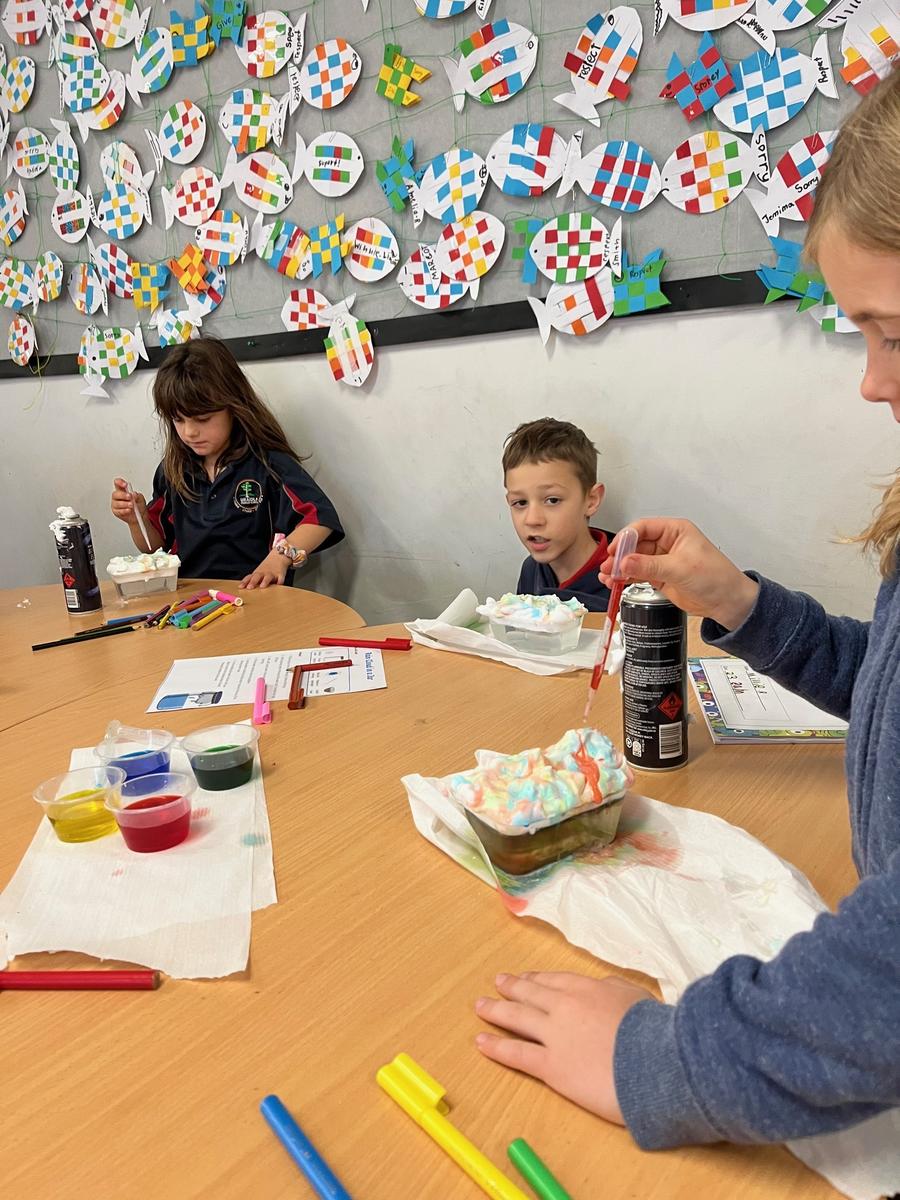





Junior Primary students are finishing off the term exploring dance. This week they were introduced to locomotor and non-locomotor movements and explored putting together three dance moves with a partner to the count of four. The zig-zag books are an ongoing project for the year 3/ 4 students, using a collage effect to create books about themselves. Upper Primary students are discovering the features in iMovie to create artworks about themselves and their interests within and outside the school environment. Students are designing their ideas through a six-sequence iMove presentation, using the filming and editing features, titles, sound and filters.
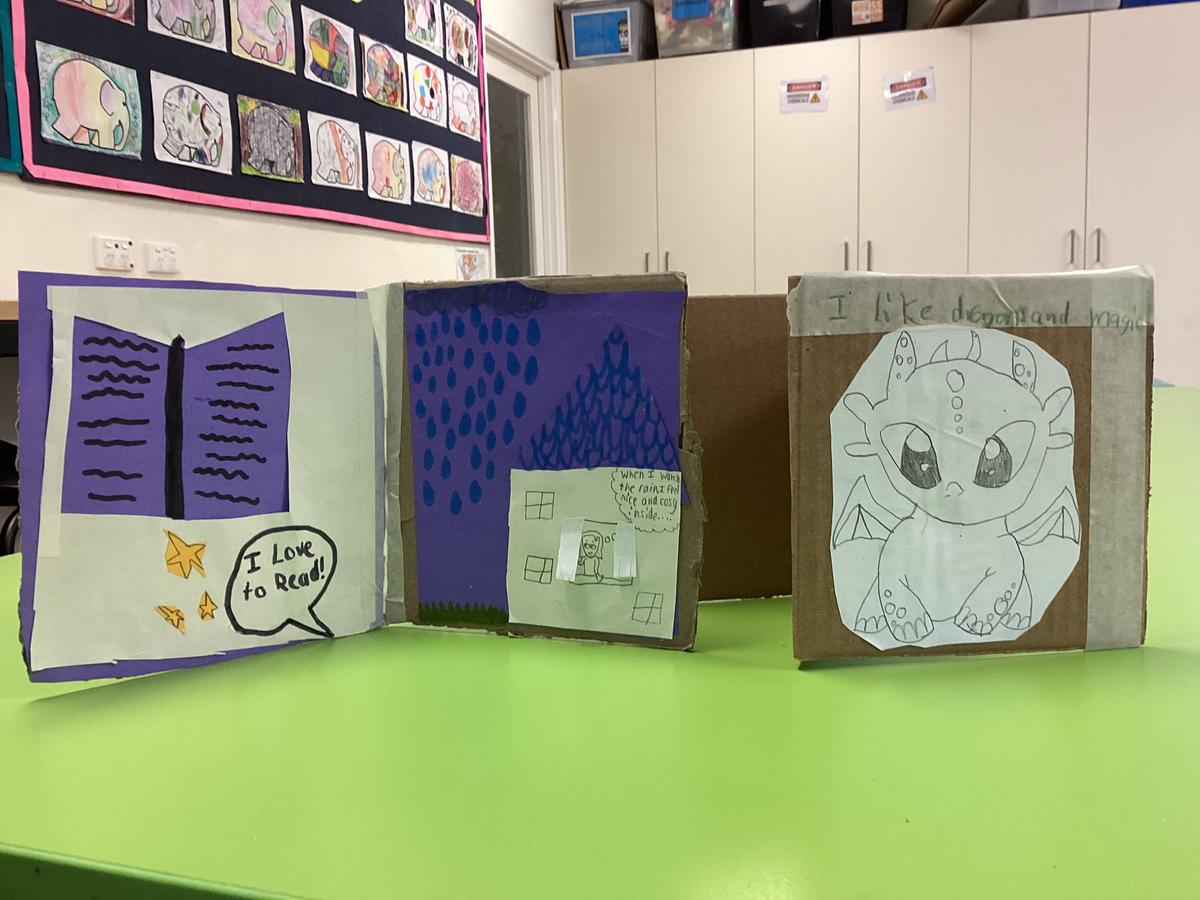
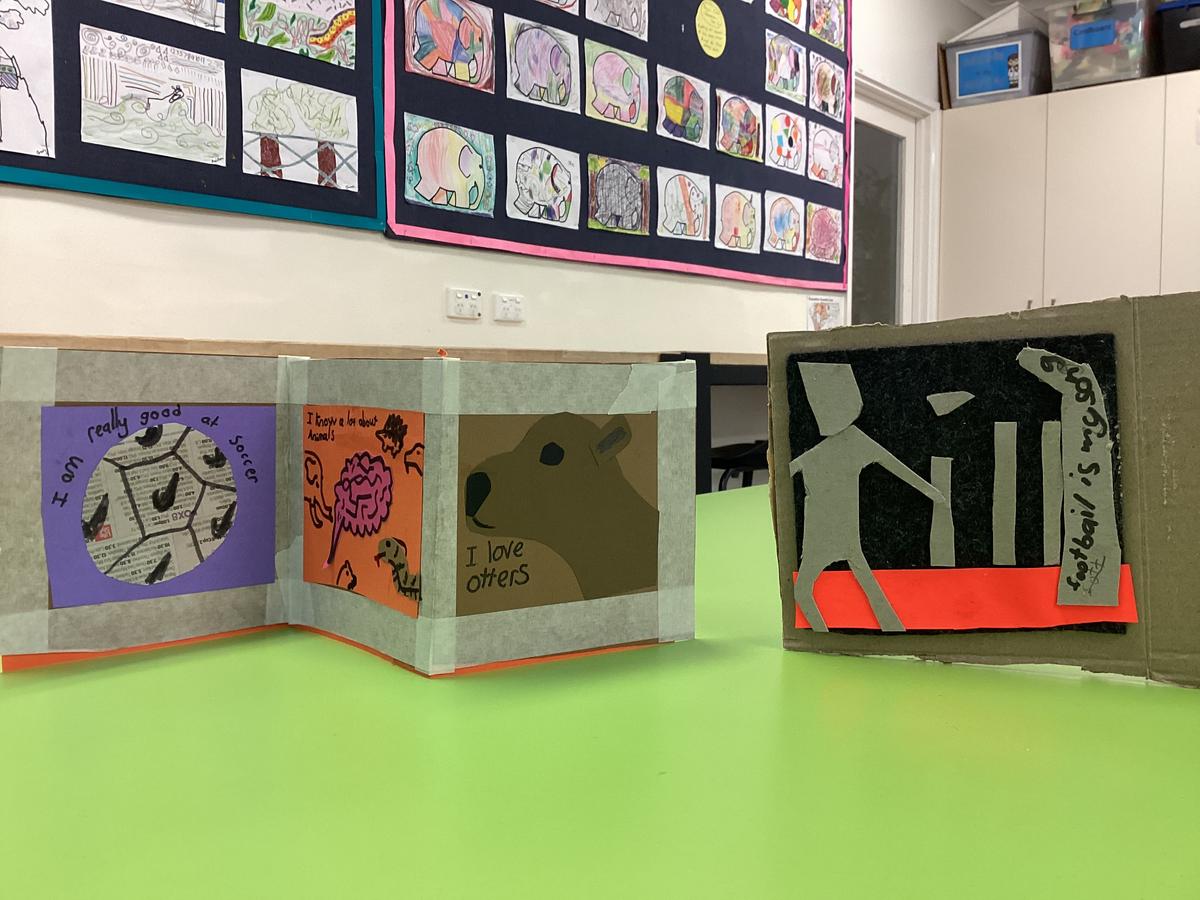
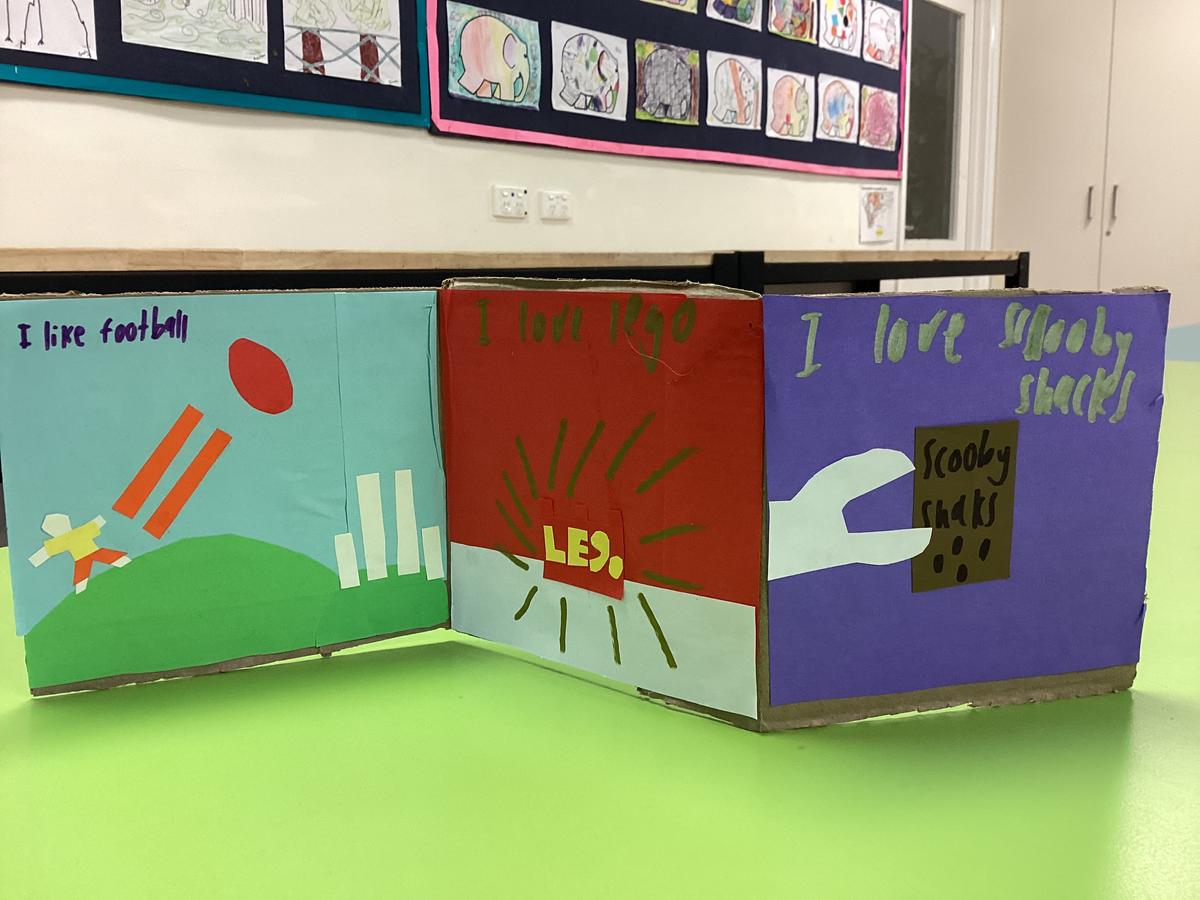



In gardening, the students have been observing worms and the difference between compost worms and earthworms. They have investigated where worms live around the school and looked out for worm activity. As the students engage in this, they are observing the landscape and surrounding factors that influence where and when the worms may be found.
Fun fact: 1 kg of compost worms can consume 1 kg of food waste, and an individual worm can eat half its own body weight every day!
Worms really do help with green waste management at school.
This weeks podcast is brought to you by Xavier and Edward. They are bringing Year 5/6 science to life. It is only 5 minutes long! (click on the image to be taken to the podcast)